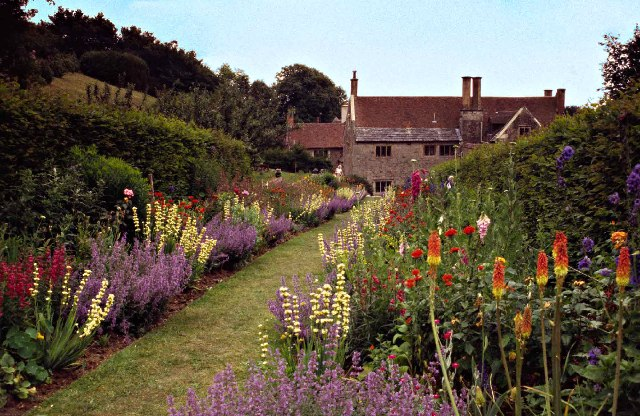Building a Solid Foundation: English Grammar Essentials for Non-Native Speakers
Nurturing Your Grammar Garden with Wit and Wisdom
Ah, the English grammar garden, a delightful place where language blooms and sentences flourish! For non-native English speakers, tending this linguistic landscape may seem daunting, but fret not, dear language enthusiasts! In this illuminating discourse, we shall sow the seeds of English grammar essentials, nurturing your foundation with wit, wisdom, and a dash of British charm. Whether you're a language gardener seeking growth or an ELT practitioner cultivating knowledge, our trusty guide shall equip you with the tools to master English grammar.
Before We Plant: A Cup of Tea and a Cheerful Greeting
Let us embark on this linguistic horticultural journey with a soothing cup of tea and a cheerful greeting. As the British say, tea invigorates the senses, and a warm greeting fosters camaraderie. So, take a sip, embrace the warmth, and let us immerse ourselves in the essential elements of English grammar.
Cultivating the Grammar Garden: A Comprehensive Guide
Just like a thriving garden requires tender care, English grammar essentials demand attention and practice. Let's cultivate your knowledge step by step with informative bullet points:
1. The Mighty Verb: The Gardener's Best Friend
Verbs are the heart of sentences, expressing actions, states, or occurrences.
They come in various forms – base form, past tense, past participle, and present participle.
Example: The gardener waters (base form) the plants every morning.
2. Nourishing Nouns: The Blooms of Language
Nouns are the building blocks of sentences, representing people, places, things, and ideas.
They can be singular or plural, countable or uncountable.
Example: The beautiful flowers (plural) adorn the garden.
3. Adorning with Adjectives: Colours of Expression
Adjectives add hues of description to nouns, making language vivid and engaging.
They come in various forms – positive, comparative, and superlative.
Example: The vibrant (adjective) flowers bloom in the garden.
4. Harmonizing with Adverbs: The Music of Language
Adverbs modify verbs, adjectives, and other adverbs, adding nuance and clarity to the message.
They can express time, manner, frequency, and degree.
Example: The gardener carefully (adverb) prunes the bushes.
5. Embracing Pronouns: The Language Hedges
Pronouns replace nouns to avoid repetition and maintain clarity.
Common pronouns include I, you, he, she, it, we, they, me, him, her, us, and them.
Example: She waters the plants herself (pronoun).
6. Taming Articles: The Grammar Fence
Articles (a, an, the) determine the specificity of nouns.
'A' or 'an' are indefinite articles, while 'the' is the definite article.
Example: A butterfly landed on the flower.
7. Creating Sentences: The Language Landscape
Sentences form the paths through the grammar garden, conveying complete thoughts.
They can be simple, compound, or complex, depending on the number of clauses.
Example: The sun shines, and the flowers bloom. (Compound sentence)
8. Weeding Prepositions: The Spatial Navigation
Prepositions indicate relationships between words in a sentence, especially in time and space.
Common prepositions include in, on, at, above, below, beside, between, and beyond.
Example: The bird sings in the tree.
9. Sowing Conjunctions: The Coherence Cultivators
Conjunctions join words, phrases, or clauses, creating connections and coherence.
Coordinating conjunctions (for, and, nor, but, or, yet, so) link similar elements, while subordinating conjunctions introduce dependent clauses.
Example: I read a book, and my friend watched a movie. (Coordinating conjunction 'and')
10. Watering Grammar Growth: The Power of Practice
Grammar knowledge flourishes with practice.
Engage in language games, exercises, and conversations to strengthen your foundation.
Conclusion
As we conclude our journey through the grammar garden, may you now tend to your English grammar with confidence and flair. Remember, dear language enthusiasts, mastering grammar essentials is the key to a flourishing linguistic landscape.
So, raise your teacups once more, and toast to the beauty of English grammar. May the wit and wisdom gathered on this journey empower you to construct sentences of eloquence and precision. Here's to building a solid foundation, and the stories you'll weave with the power of language. Cheers!









Comments
Post a Comment